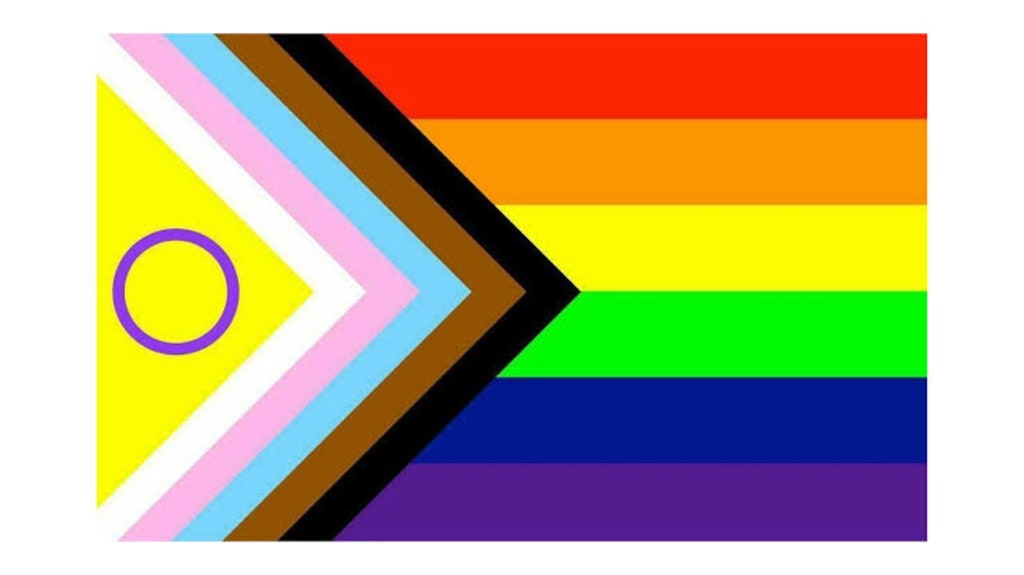Religion and LGBTQ+ Community.
Stigmatization: Breaking the Cycle of Discrimination.

Introduction:
Religion and its impact on society have long been intertwined, often providing solace, guidance, and a sense of community for its followers. However, one distressing aspect that continues to persist is the stigmatization of the LGBTQ+ community within various religious contexts. While it is important to recognize that not all religious individuals or institutions hold prejudiced views, there exists a historical and ongoing pattern of discrimination that merits discussion and introspection. This article explores the relationship between religion and LGBTQ+ stigmatization, highlights the consequences of such discrimination, and advocates for compassion, understanding, and inclusivity.
Religion, Tradition, and LGBTQ+ Stigmatization:
Many religious texts and traditions were established centuries ago, reflecting the social norms and values of their respective eras. These sacred texts, when interpreted strictly or out of context, can be used to perpetuate stigmatization against sexual and gender minorities. Such interpretations often view homosexuality, bisexuality, transgender identities, or non-heteronormative expressions as immoral, sinful, or against the natural order.
Consequences of Stigmatization:
The stigmatization of the LGBTQ+ community within religious contexts can have severe consequences on the mental, emotional, and physical well-being of individuals. Young LGBTQ+ individuals who grow up in religious households or communities that condemn their identities often experience higher rates of depression, anxiety, self-harm, and suicide. They may face rejection from their families, friends, and faith communities, leading to a sense of isolation and internalized shame. Moreover, religiously motivated discrimination can hinder access to healthcare, employment, housing, and basic human rights, perpetuating systemic inequalities.
Challenging the Status Quo:
It is essential to recognize that religion is not inherently discriminatory. Many religious organizations and leaders are actively working to challenge stigmatization and foster inclusivity. They interpret their sacred texts through a lens of love, compassion, and acceptance, emphasizing the values of equality and justice. Interfaith dialogue, where individuals from different religious backgrounds engage in respectful conversations, can promote understanding and build bridges between LGBTQ+ individuals and religious communities.
Reconciling Faith and Sexuality:
For LGBTQ+ individuals grappling with their religious beliefs, navigating the intersection of faith and sexuality can be a complex journey. It is crucial to remember that one's sexual orientation or gender identity does not diminish their capacity for spirituality or a meaningful relationship with a higher power. Many LGBTQ+ individuals have found solace in affirming religious communities that embrace and celebrate their identities. These inclusive spaces provide support and understanding, allowing individuals to reconcile their faith with their authentic selves.
Education and Dialogue:
To foster a more inclusive society, education and open dialogue are pivotal. Faith-based organizations should actively engage in conversations about LGBTQ+ rights, discrimination, and acceptance. Offering resources, seminars, and support groups that challenge stigmatization can help religious individuals reconsider harmful beliefs and promote a more inclusive understanding of their faith. Similarly, LGBTQ+ advocacy groups should seek opportunities for dialogue with religious communities, highlighting shared values of compassion, respect, and dignity.
Conclusion:
The stigmatization of the LGBTQ+ community within religious contexts remains a pressing issue that requires collective action and introspection. It is imperative to acknowledge that religious beliefs can coexist with acceptance and inclusion, and that no one should be forced to choose between their faith and their authentic selves. By promoting understanding, dialogue, and education, we can break the cycle of discrimination and create a world where religion and LGBTQ+ identities can thrive harmoniously. Together, we can build a future that embraces diversity and celebrates the inherent worth and dignity of all individuals, regardless of their sexual orientation or gender identity. The Bible says love your neighbour as thy self do not hate on the LGBTQ community and force your beliefs on them.
About the Creator
Mrs sparkles
I'LL STAY ANONYMOUS TILL THE TIME IS RIGHT .
ENJOY MY ARTICLES
I SPEAK FOR THE SOCIETY AND VOICE OUT OPINOINS.






Comments (1)
I think people especially the straight community should learn to accept the lgbtq and respect their boundaries